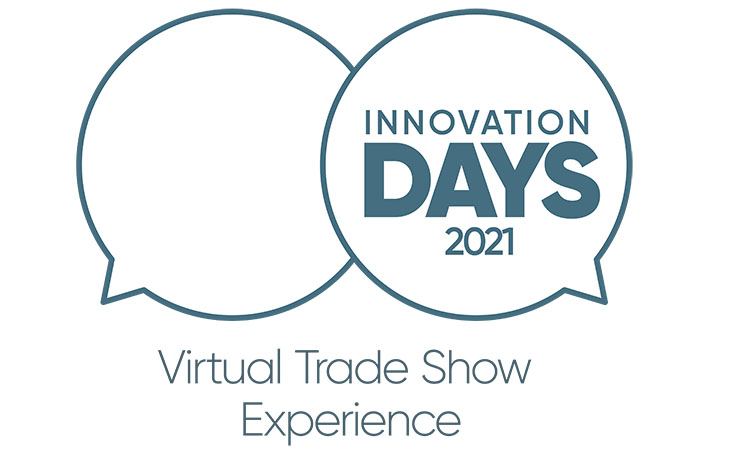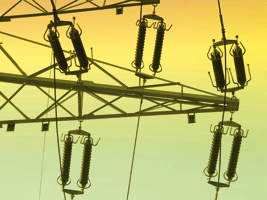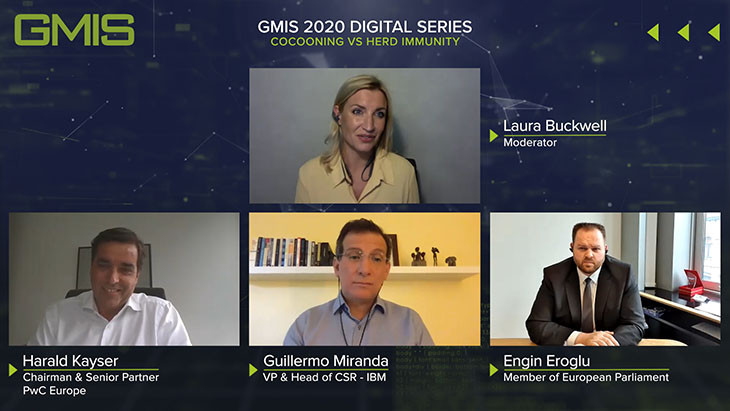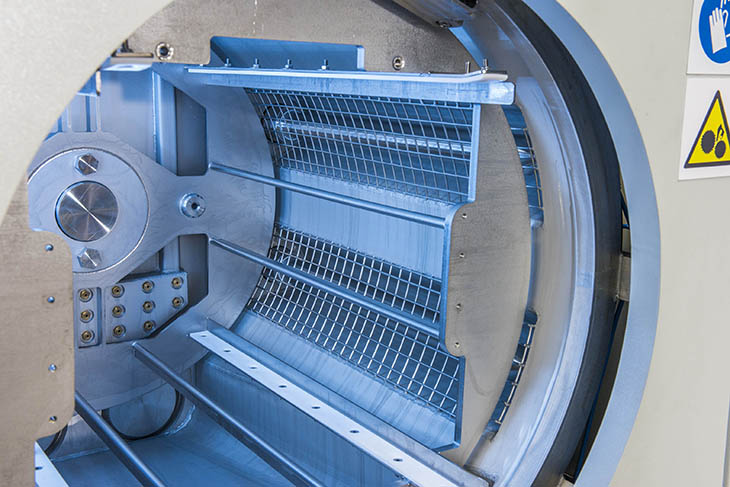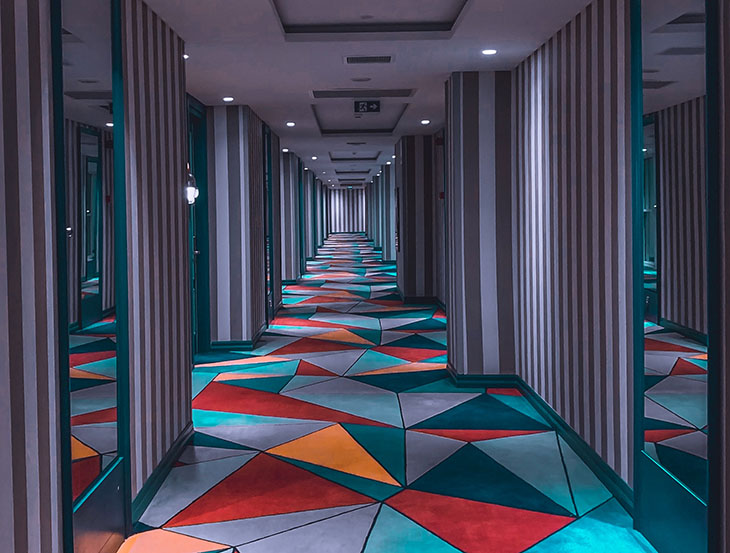On June 9 and 10, 2021, plastic packaging producer Greiner Packaging hosted its first interactive trade show experience in its virtual Packworld. At a press conference opening the two-day event, CEO Manfred Stanek and Global Marketing & Innovation Director, Jörg Sabo, introduced some of the 19 live sessions and speakers who would share their knowledge and ideas on the twin themes of innovation and sustainability. They also focused on Greiner Packaging’s aim to become a fully circular company, and looked at some recent achievements and innovations.
Highlights
- Development of a PET HTS® cup that is heat resistant up to temperatures of 120°C
- K3® innovation: Improved cardboard-plastic separating to enable improved recyclablity
- Digital watermarks facilitating higher-quality packaging recycling
- First cup prototypes made of BornewablesTM
- Expanded partnership with Plastic Bank
Kremsmünster, Austria, June 2021. Greiner Packaging responded to the restrictions caused by the global pandemic with its virtual solution – the Greiner Packaging Innovation Days in the “Virtual Packworld” – enabling it to reach more people from around the world.
Over two days, there were 19 live sessions, featuring 31 speakers, covering subjects such as Design for Recycling, Connected Packaging, and the Legal Environment for Packaging. In addition, there were workshops about Life Cycle Assessment, plus several material sessions. Visitors had the opportunity to book one-on-one meetings with Greiner Packaging experts from all over the world, and the event platform (which is still accessible for registered users after the event) also features an inspiring product innovation area.
A challenging year
In his opening speech, Greiner Packaging CEO Manfred Stanek looked back at 2020, which was a challenging year, but said that in contrast to other industries, as a packaging company, Greiner Packaging could be very satisfied with the annual results.
The COVID-19 pandemic had a major impact on working practices, with many employees working from home and international business being conducted on a virtual basis. However, with strict safety and hygienic processes in place, production continued throughout the whole pandemic, with no failures of delivery and all customers received their requested quantities.
At the start of 2021, there was a drastic increase in raw material prices, coupled with a decrease in raw material availability, and prices for plastic granules also increased dramatically, even doubled in some cases. Due to good partnerships with its suppliers, the company came through this crisis quite well.
Developing a circular economy
Manfred Stanek then moved on to focus on the future, and the importance of developing a circular economy: Greiner Packaging is a member of the Ellen MacArthur Foundation, and in 2018 signed the Ellen MacArthur New Plastics Economy Global Commitment – to eliminate problematic and unnecessary plastic packaging, make all its packaging 100% recyclable, reusable, or compostable, and use as much recycled content in packaging as possible by 2025. Manfred Stanek said: “We believe these goals are ambitious, but realistic if we work together as an industry. That is another reason why I really value this two-day event as we experience a great opportunity here for exchange along the value chain.”
He explained how Greiner Packaging will achieve these goals through its circular economy strategy, which focuses very strongly on "reduce, recycle and reuse". Here, above all, the company’s own Design for Recycling guidelines play an important role. But the importance of the company's broad materials portfolio was also underlined. Stanek sees this as a prerequisite for meeting the company’s sustainability targets – and above all the ambitious share of recycled materials. Greiner Packaging relies on PP, PS, PET, but also on bio-circular materials.
Innovation highlights
Jörg Sabo, Global Marketing & Innovation Director, then introduced some highlight projects; starting with recycled PET (r-PET).
PET, r-PET and solving HTS
At the moment, r-PET is the only mechanically recycled material which is food-approved and readily available in significant volumes through existing bottle recycling streams. PET is also easy to recycle, so Greiner Packaging is paying great attention to advancing this material for even more applications.
Until now, PET has had to face the challenge of heat resistance, and has therefore not been used for dairy packaging, as the dairy industry applies high temperature steam sterilization to disinfect cups before filling. Greiner Packaging has succeeded in developing a PET HTS® cup that is heat resistant up to temperatures of 120°C. The company has already run several tests for printed cups, and is also running tests with K3® cups which look very promising. Beyond dairy products, this also creates new opportunities for soups and ready meals.
K3® – new innovation advancing separation
Recyclable cardboard-plastic combinations, such as Greiner Packaging’s K3®, play an important part in the company’s circular economy strategy. Due to the cardboard, less plastic material is used, which reduces CO2 emissions. The plastic cup is unprinted which makes it perfect recycling material. In autumn 2019, a new tear-tab solution was introduced which makes separation of the cardboard wrap even easier.
The recyclability of K3® packaging can be seen as excellent when the plastic and cardboard are separated. Currently the consumer plays an important role in this process. Unfortunately, separation does not always take place. This impacts the recyclability of the packaging. “As we very much believe in the benefits of K3® cups in terms of sustainability and a circular economy, we have devoted great attention to their improvement,” says Jörg Sabo. “I can tell you exclusively today that we found a solution that allows separation of the cardboard before the cups enter sorting facilities. This new solution ensures that the cardboard will separate itself from the plastic cup before it enters the sorting facility, significantly increasing recycling rates. We will bring this breakthrough onto the market as soon as possible.”
Digital watermarks
In an exciting development, Greiner Packaging is a member of the HolyGrail 2.0 initiative where companies over the whole value chain are seeking to advance digital watermarking to revolutionize the way packaging is sorted – facilitating higher-quality packaging recycling. The codes – which are the size of a postage stamp – are unnoticeable on the packaging surface at first glance but provide information about the attributes of the packaging, such as the types of plastic contained, and also have potential to promote consumer engagement, demonstrate transparency in supply chains, or run retail promotions. Greiner Packaging is participating in semi-industrial sorting tests and has already produced promo cups for all its decoration technologies which will be put to the test within the HolyGrail 2.0 initiative. Moreover, the company has developed an augmented reality app with “Talkin Things” which is intended to involve consumers in the recycling process of K3® cups, Sabo announced.
First cup prototypes made of BornewablesTM
Greiner Packaging has for the first time been incorporating renewable resources in the production of food cups made of polypropylene (PP) with in-mold labeling (IML) as the decoration technology. BornewablesTM, the new premium polyolefins designed for circularity by Borealis are manufactured using second-generation feedstocks. Using BornewablesTM for packaging can lead to a carbon footprint reduction of up to 120% (including all steps from the sourcing of raw materials to products leaving Borealis production site).
Cooperation with Plastic Bank to continue
Some time ago, Greiner Packaging signed a cooperation with Plastic Bank, which creates ethical, eco-recycling systems. Greiner Packaging’s and Plastic Bank’s shared goal is to prevent plastic from flowing into the oceans while lifting people out of poverty. Gatherers pick up plastic waste from the beaches for instance, and bring it to collection points, where it is sorted and subsequently processed into granulate. The collected material is reborn as Social Plastic®. This material is then sold to manufacturing companies, which employ recyclate for their products or packaging. Greiner Packaging has supported Plastic Bank® with the start-up of five collection centers in Manila.
Closing the press conference, Manfred Stanek said: “We have decided to expand our partnership with Plastic Bank. To be precise, we will finance another 165,000 kg of plastic waste collected. By that we can contribute further to supporting local gatherers financially, while at the same time keeping beaches clean and securing new material streams.”
All the content from the Innovation Days is still accessible, register here: www.packworld-gpi.com/registration









